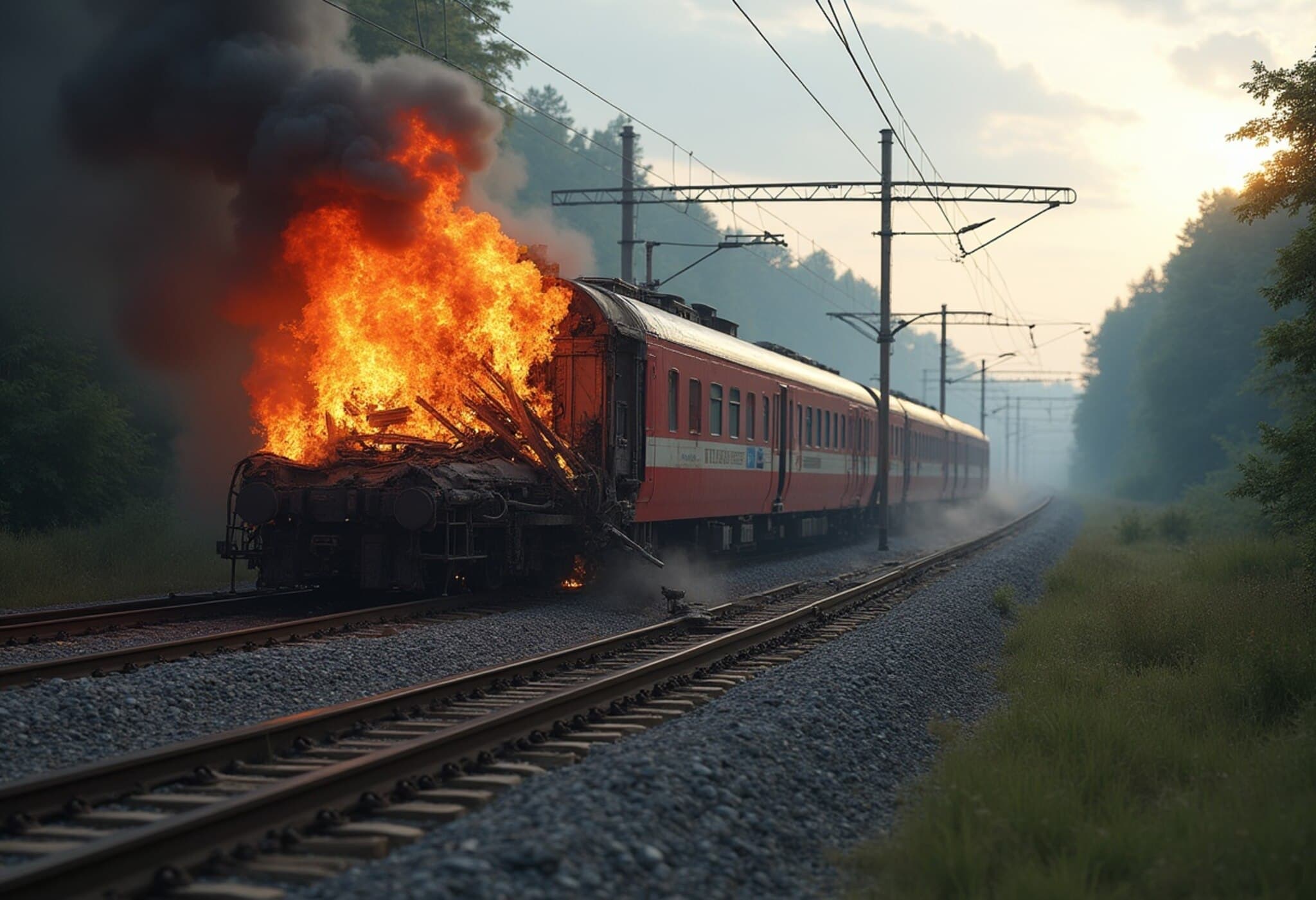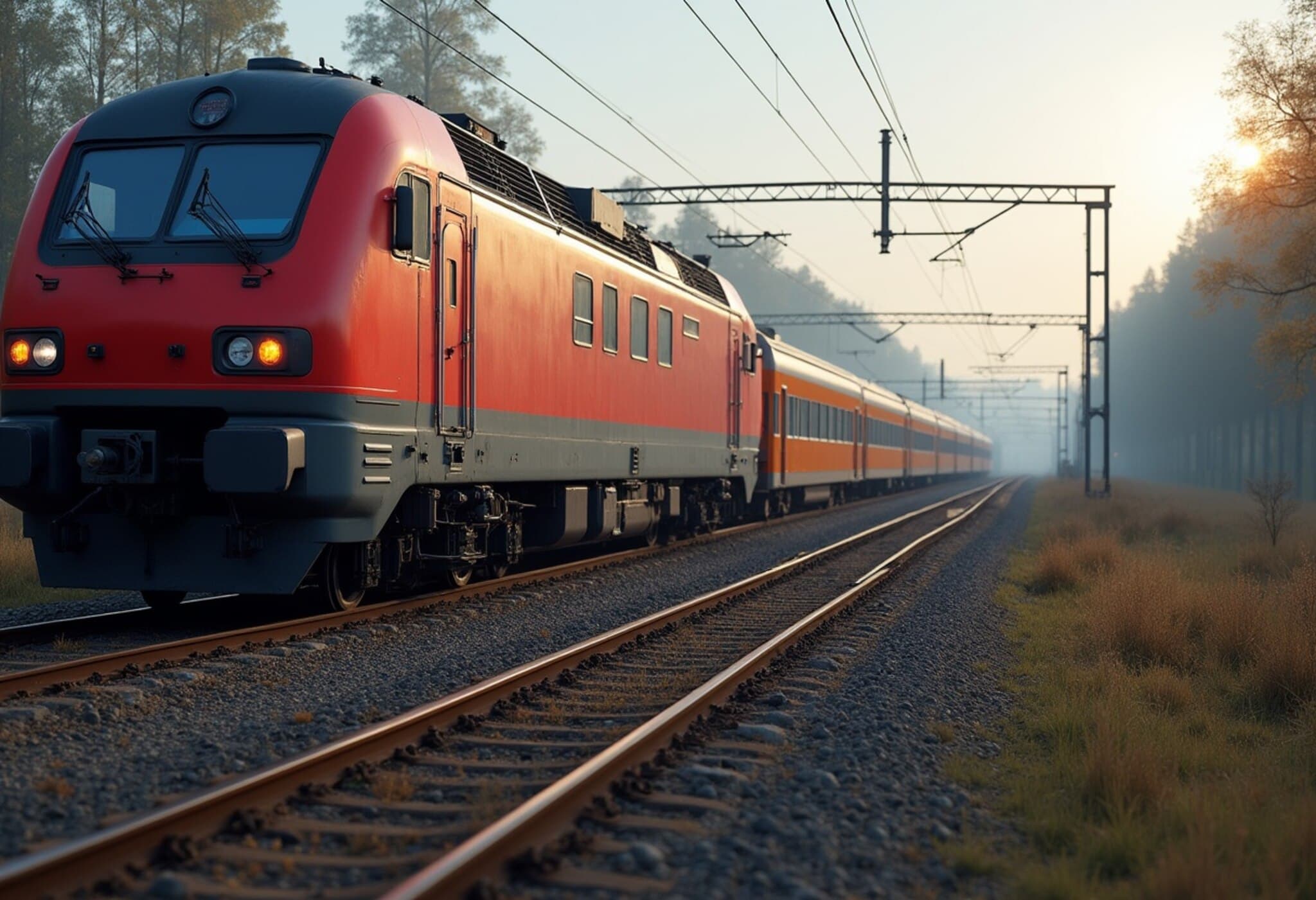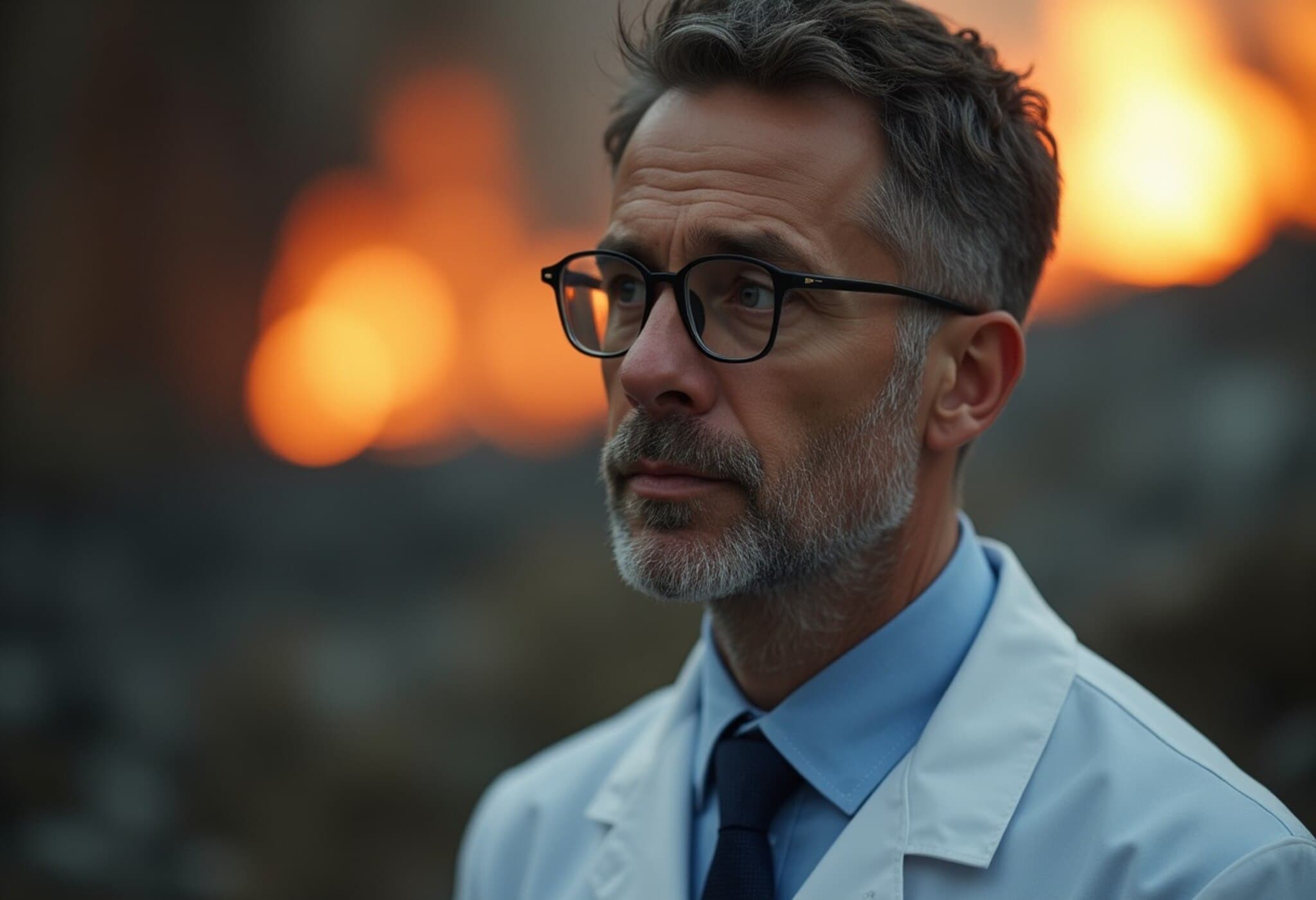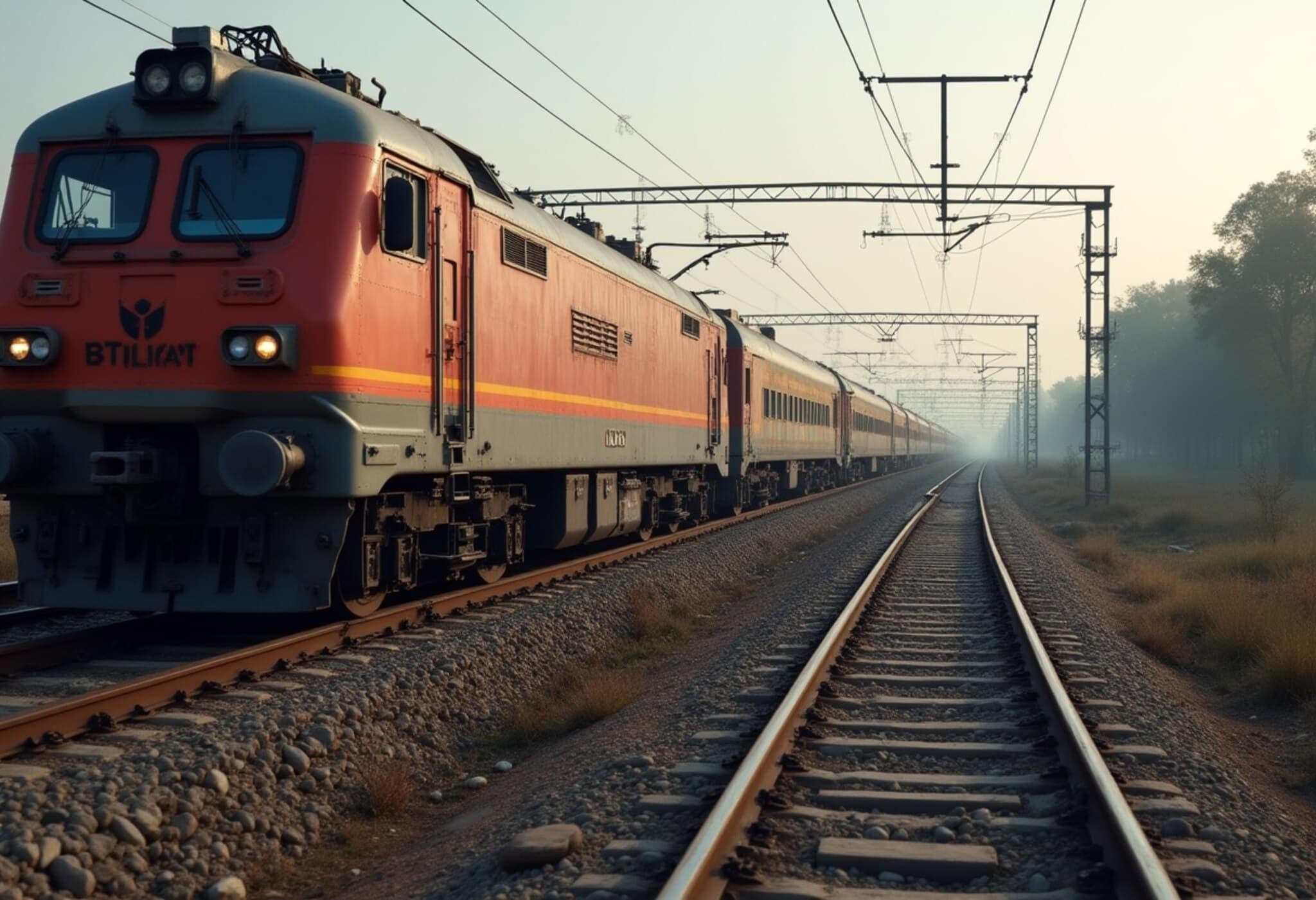Tragic Train Derailment Strikes Near Munich
On the early morning of July 28, 2025, a catastrophic train derailment occurred near Munich, Germany, resulting in multiple fatalities and injuries. The incident has sent shockwaves through the local community and raised urgent questions about rail safety and emergency response preparedness in one of Europe’s busiest transport corridors.
Details of the Accident
The passenger train, traveling on a regional route near Munich, reportedly derailed at approximately 7:30 a.m. local time. Authorities confirmed that several carriages left the tracks, causing severe damage to the train and surrounding infrastructure. Emergency responders rushed to the scene to provide assistance.
Preliminary reports indicate that at least several passengers have died, with many more seriously injured. Rescue operations have been hindered by the challenging terrain, but efforts remain ongoing.
Contextualizing the Incident: Rail Safety in Germany
Germany boasts one of the most extensive and heavily used rail networks in Europe, cherished for its efficiency and punctuality. However, this tragedy highlights ongoing risks inherent in complex transportation systems. Experts emphasize the need for constant evaluations of infrastructure integrity, advanced safety technologies, and rigorous staff training to prevent such disasters.
Rail accidents of this nature, while rare, demand scrutiny not only from investigators but also from federal and regional transport authorities to ensure systemic vulnerabilities are addressed comprehensively.
Emergency Response and Community Impact
The derailment has severely affected local communities, with families anxiously awaiting news of loved ones. Emergency services, including paramedics, fire brigades, and police, deployed rapidly, demonstrating commendable coordination despite the tragic circumstances.
This event also underscores the imperative for robust disaster preparedness protocols along key transit routes—lessons that can resonate across global rail networks.
Expert Insight: What Comes Next?
From a policy perspective, this calamity raises critical questions on investment in railway maintenance and technological modernization. As Germany aims to further promote rail travel as an environmentally sustainable alternative to road transport, ensuring passenger safety remains paramount.
Investigations will need to examine possible causes—ranging from mechanical failure and infrastructure faults to potential human error or external factors—before drawing definitive conclusions.
- How can digital monitoring systems be improved to provide early warning signs?
- What role does governmental oversight play in mandating safety upgrades?
- How will survivor support and compensation be managed?
Conclusion: Remembering Lives, Rebuilding Trust
The derailment near Munich is a sobering reminder that even established systems require vigilance and ongoing improvement to safeguard lives. As investigations proceed, the focus will not only be on uncovering causes but also on honoring victims and fostering a safer transportation future.
Editor’s Note:
While details continue to develop, this tragedy emphasizes the complex balance between dense rail usage and maintaining impeccable safety. Readers are encouraged to consider the broader implications for public infrastructure investment and emergency readiness that transcend national boundaries.



















